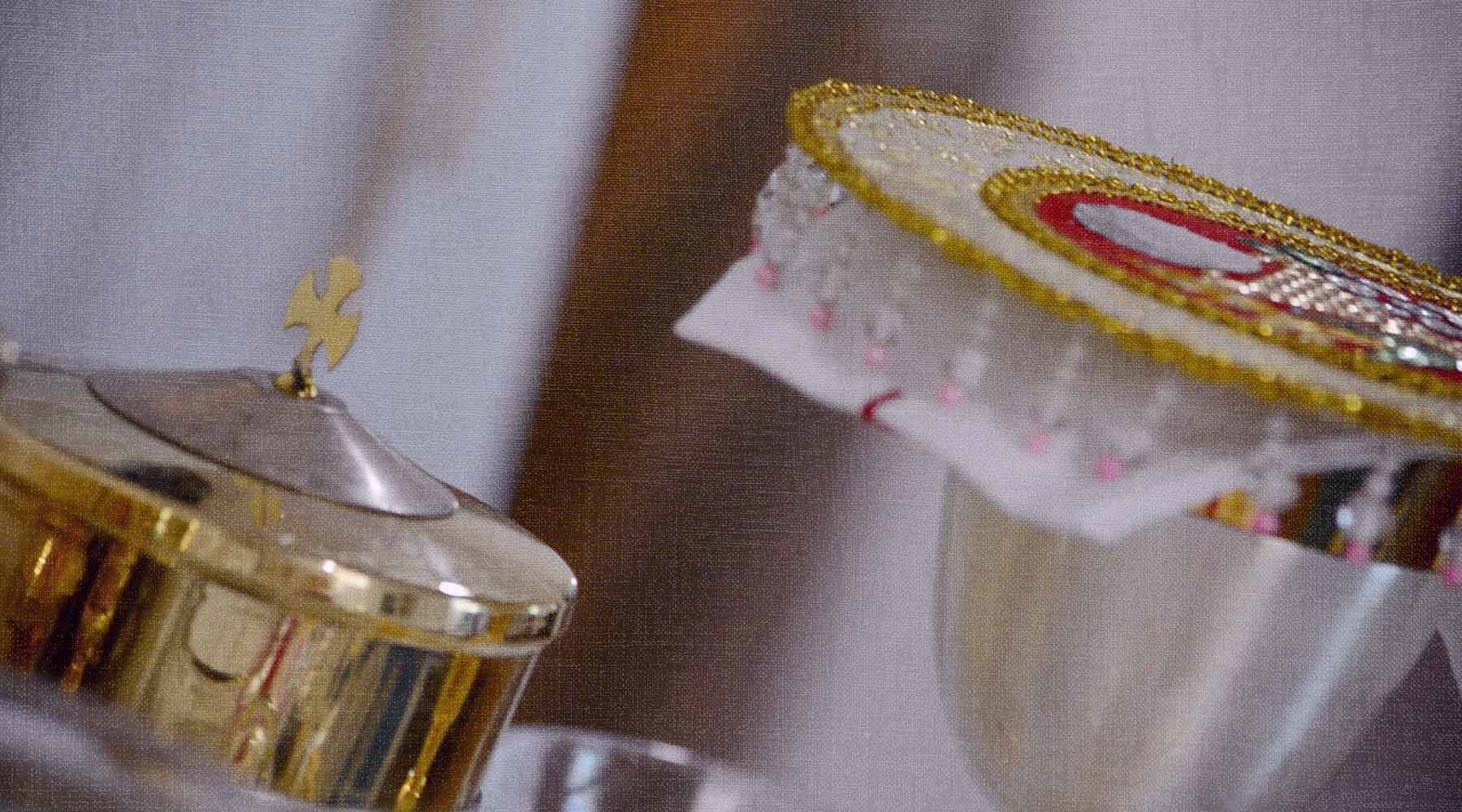The Feast of Corpus Christi
Eric Kannampuzha
This coming June we will be celebrating a feast we often forget the importance of, the Feast of Corpus Christi. This feast is observed on the Thursday after Trinity Sunday but is a movable observance that is often observed on Sunday. According to the Encyclopedia Britannica, “The Feast of Corpus Christi originated in 1246 when Robert de Torote, bishop of Liège, ordered the festival celebrated in his diocese. He was persuaded to initiate the feast by St. Juliana, prioress of Mont Cornillon near Liège (1222–58), who had experienced a vision.” This celebration is to recognize and honor the real and physical presence of the body of Jesus Christ in the Eucharist, also known to us as transubstantiation. The importance of this feast cannot be understated, for both lay people of the church and the priesthood. According to Canon 395, a diocesan bishop may not be absent from their diocese during Holy Week, Christmas, Easter, Pentecost, and The Feast of Corpus Christi. We emphasize and take particular care to celebrate these important days of the liturgical calendar but many of us do not understand the importance and history of this feast.
The Feast of Corpus Christi originated in 1246 when Robert de Torote, bishop of Liège, ordered the festival celebrated in his diocese. He was persuaded to initiate the feast by St. Juliana, prioress of Mont Cornillon near Liège (1222–58), who had experienced a vision.
One of the reasons for the decline in celebration and importance of this feast comes from the Protestant Reformation, where the concept of transubstantiation and Corpus Christi were heavily criticized. Martin Luther wrote in one of his homilies, “For then people are treating the Blessed Sacrament with such ignominy that it becomes only play-acting and is just vain idolatry. With its cosmetics and false holiness it conflicts with Christ’s order and establishment.” He may have held these views after witnessing the celebration of this feast at that time, where a magnificent procession would have been held and mystery plays were performed. But for Catholics, the understanding that we consume the physical body and blood of Jesus Christ is what distinguishes us from other Christian sects and truly allows for us to receive Christ in the Eucharist.
Our belief and knowledge of the truth of the Eucharist comes from the Bible itself, “ I am the living bread that came down from heaven. Whoever eats this bread will live forever. This bread is my flesh, which I will give for the life of the world.”(John 6:51) The very structure of our church, our sacred mass, the Eucharistic adoration, all center the Eucharist in our public worship and acceptance of God. After Jesus was resurrected and opened the gates to the kingdom of Heaven, what we have left here to partake in and physically be in the presence of our Lord is his body, that which is transformed before our eyes in every mass. As we know how important this sacrament is to us, we should strive to equally show our love and reverence for the coming Feast of Corpus Christi. Though we may have allowed others to diminish and minimize this feast, we can take this one day in the year and truly appreciate the miracle that is performed before our eyes every Sunday.
“ I am the living bread that came down from heaven. Whoever eats this bread will live forever. This bread is my flesh, which I will give for the life of the world.”(John 6:51)



